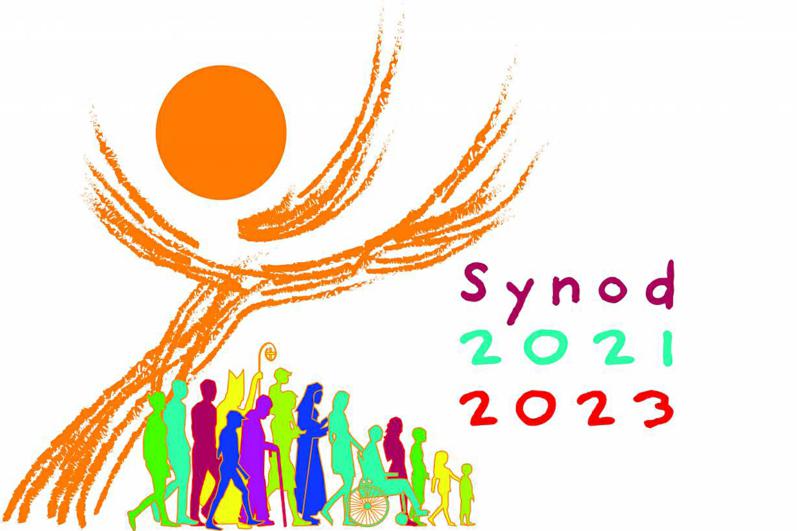Parishes invited to begin synodal process
BRAINTREE -- With the "synod for synodality" process now underway on the local level, the archdiocese is inviting parishes to prepare to hold discussions about how the Church can better listen to her people and involve them in her mission.
Pope Francis launched the synod, with the theme "For a Synodal Church: Communion, Participation, and Mission," in October. The synodal process in the Archdiocese of Boston officially began on Nov. 27 with a Mass celebrated by Cardinal Seán P. O'Malley at the Cathedral of the Holy Cross.
The archdiocese is asking parishes to consider seven questions, which are based on those raised in the Vatican's preparatory document for the synod. Alternatively, parish leaders can consult the document themselves and create their own format for their communities. The questions include subjects like, "How well do we listen to people whose opinions are different from our own" in various group contexts, or "How connected do you feel to the core mission of the Church -- making disciples for Jesus?"
Parishes are being invited to begin conversations about these questions in their parish councils first and then in gatherings of parishioners.
In January 2022, the archdiocese will hold training sessions for parish leaders about how to engage their communities on the synod questions. The archdiocese recommends that parishes then hold open meetings in which participants break into small discussion groups. Then, in late March and April, representatives from each parish will attend regional meetings to share what they heard in their communities.
The archdiocese's local coordinators for the synod process are Father Paul Soper and Bishop Robert Reed.
Speaking with The Pilot on Dec. 9, Father Soper described Cardinal O'Malley's concept of "serene listening," which involves actively listening to a person, not in anticipation of one's own response but in an effort to hear and understand the speaker.
"He's really inviting and encouraging the whole archdiocese to engage in a process of serene listening to one another," Father Soper said.
He said the best way to do this is through the invocation of the Holy Spirit. As an example, he suggested that people in a small group discussion could take a few minutes to pray at the beginning, in the middle, and at the end of their session, asking the Holy Spirit to fill them, guide their conversation, and help them hear and understand each other.
This approach is not simply taking time to talk and time to pray, Father Soper said, but rather "is a discussion between people that is done in a context of prayer."
Father Soper emphasized that these meetings are not open forums for all topics in the Church.
"It's important for people to gather to talk about many of those issues, but that's not what this is," he said.
Rather, "This is a gathering to talk about how we listen to one another and how we can find ways of doing that peacefully with one another."
"We're not trying to restrict what people talk about, but what is most helpful for them to talk about (in these meetings) is the process of synodality itself," Father Soper said.
When a parish's discussions are completed, the archdiocese recommends selecting a parish leader to write a summary of their findings, no more than 20 pages, and send it to Father Soper at psoper@rcab.org. The archdiocese is seeking answers to the synod questions from groups, not individuals.
The feedback collected during this phase will be compiled into a 10-page document, which will be submitted to the U.S. Conference of Catholic Bishops shortly after Easter in 2022. The diocesan phase of the synodal process will end in April 2022, and the worldwide synodal process will conclude in 2023.
The synod handbook can be viewed in English at bit.ly/vademecumhandbook. The Vatican's preparatory document can be viewed on the USCCB website at www.usccb.org.



















